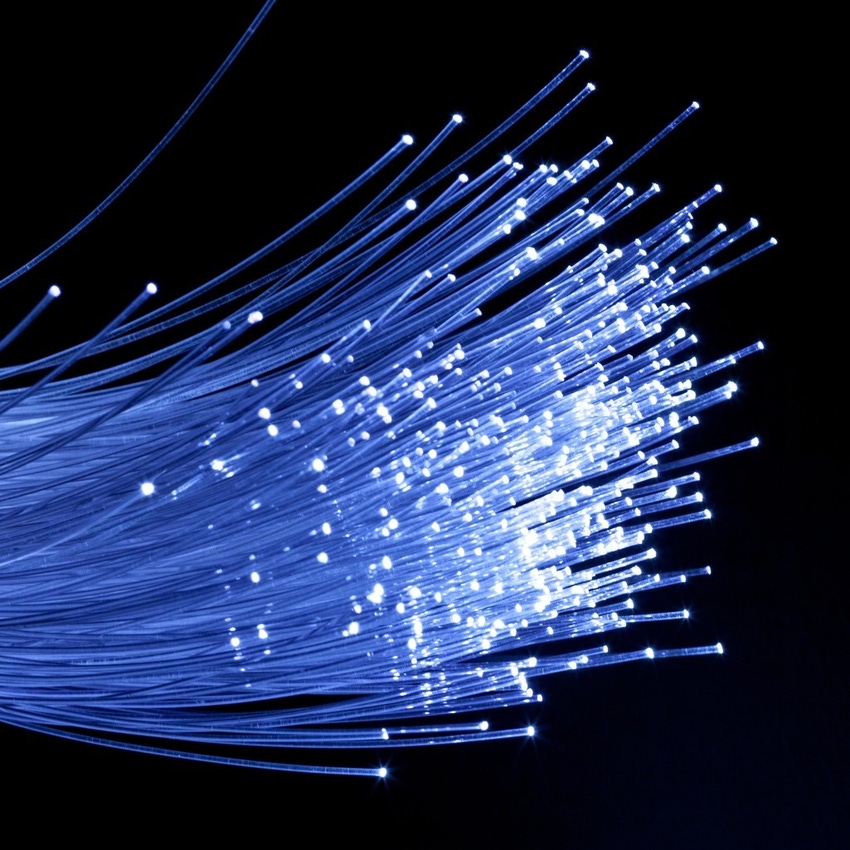'There is pain coming' in fiber, DigitalBridge CEO says
The CEO of DigitalBridge said he believes the US market for residential fiber connections is heading for trouble. That's why DigitalBridge has avoided purchasing a residential fiber provider in recent years.

The CEO of DigitalBridge said he believes the US market for residential fiber connections is heading for trouble.
"There is pain coming," said Marc Ganzi during his company's recent quarterly earnings call, according to a Seeking Alpha transcript.
That, he said, is partly why DigitalBridge has avoided purchasing a residential fiber provider in recent years. The digital infrastructure giant has been doling out billions of dollars for the likes of wireless networking company Boingo Wireless, wholesale fiber provider Zayo and data center operator Switch. But it has stayed away from residential fiber operators like Windstream and Frontier Communications.
Figure 1:  DigitalBridge CEO Marc Ganzi.
DigitalBridge CEO Marc Ganzi.
(Source: DigitalBridge. Used with permission)
"There is going to be restructurings" in the US residential fiber market, Ganzi explained.
He said the DigitalBridge M&A team has largely shied away from acquisitions in the residential fiber market because of the threat of overbuilding. "If you take five carriers and everybody has 30% penetration, that's 150% penetration, that math doesn't work in an environment where we were 80% to 90% penetrated. The same thing is happening in residential fiber today," he said.
He said that the incumbent fiber and cable providers in any given market typically have a "large strategic moat" that new market entrants often can't cross. As a result, those overbuilders are generally stuck with a relatively paltry share of the market they're looking to enter.
Ganzi's comments are noteworthy considering a wide range of companies – from AT&T to Verizon to Lumen Technologies – are working to expand their fiber footprint. Some are working to do so in markets where there is no other fiber provider. But others are entering markets where there are already several other fiber providers. For example, companies that are pledging to offer fiber in Mesa, Arizona, include Google, Ting, AT&T, SiFi Networks and others.
Although DigitalBridge has avoided acquisitions in the residential fiber market, other big investment companies have not. For example, Brightspeed is spending $2 billion on fiber networks in the US; the company stems from a deal between Lumen and Apollo Global Management.
Further, Ganzi acknowledged DigitalBridge has not completely avoided the US market for fiber. "Our credit fund ... they have done a great job investing in residential fiber," he said in a nod toward DigitalBridge's strategy as both an acquisition company and an investment company. "Why? ... We are taking secondary stakes and we are getting rewarded, we are getting returns in the low to mid teens on a risk adjusted basis."
Related posts:
— Mike Dano, Editorial Director, 5G & Mobile Strategies, Light Reading | @mikeddano
About the Author(s)
You May Also Like












